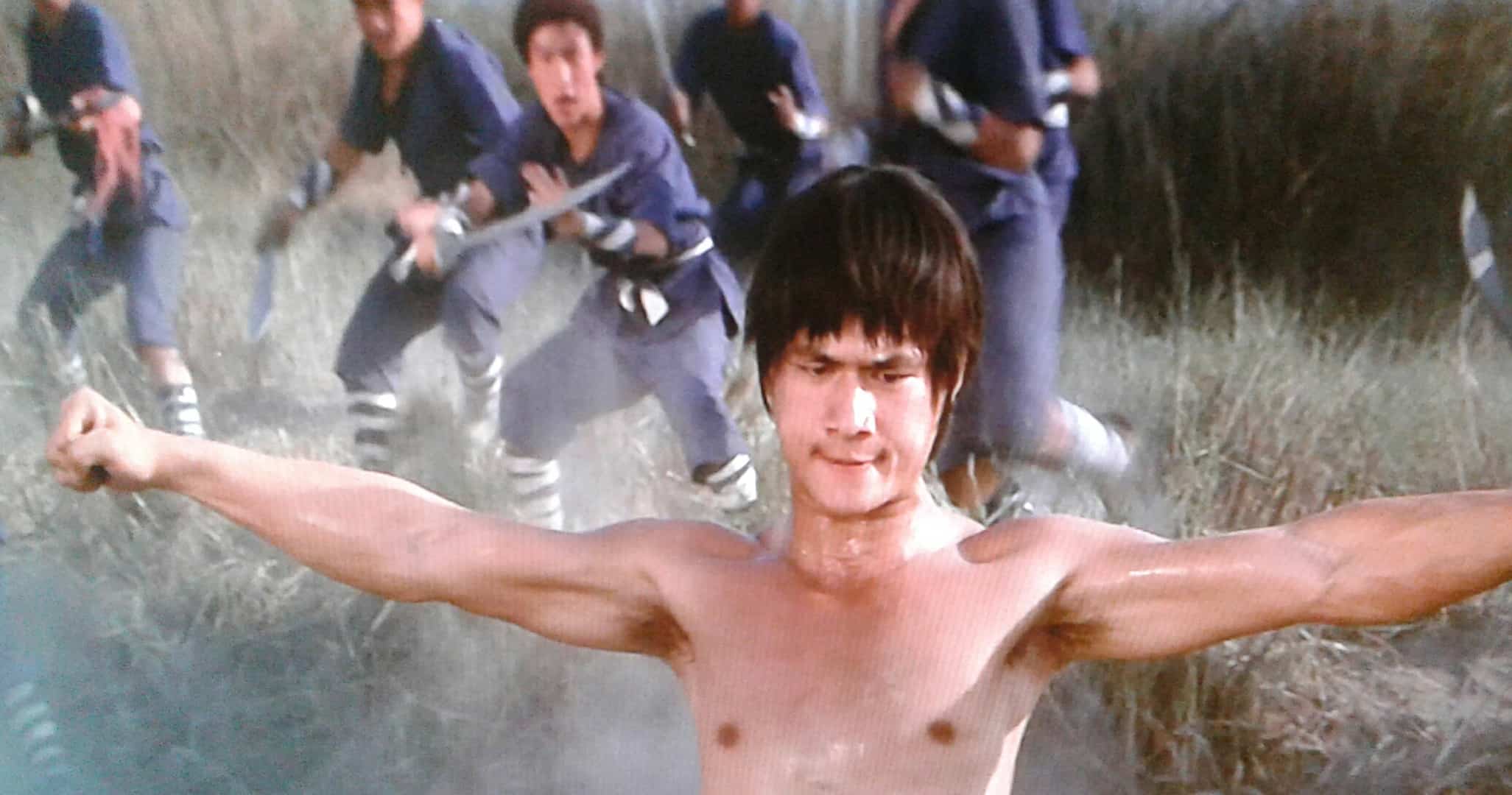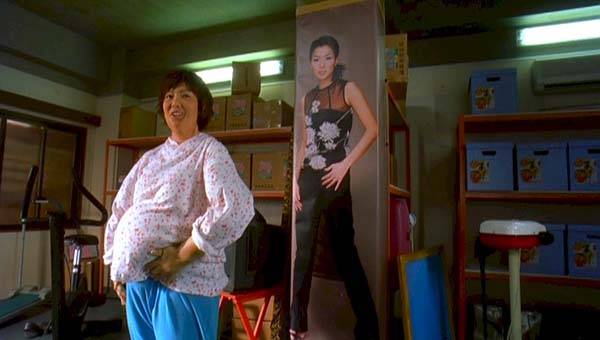We are back on the festival track, but most of us are still sceptical as hell about how long this new won normality will last. There are constant warnings of how fragile those new/ old freedoms are, and we are walking around unsure if we are now safe shaking hands, giving each others hugs, or a kiss on the cheek. Is that dangerous? Are we protected by the vaccines? Is there some new mutation out there that can't be stopped by the safety/ sanitary measures? Or is it all just blown out of proportions?
“The Sadness” is screening in Locarno Film Festival

When it reached Locarno, Rob Jabbaz' action horror “The Sadness”, was already released nationwide in Taiwan where it hit 80 cinemas back in January, right on time to “greet” the new reality in which people could pretend that everything was back to normal, the virus gone, and that they could finally return to all those activities they were missing in the previous year. Now finally shown in Europe, “The Sadness” has a bit of a different atmosphere greeting it. Lockdowns were being lifted and imposed again in a vicious circle of never ending measures and contra-measures to stop the spread of whichever mutation of Covid-19 or its original form. And yes, all this virus talk would not be that interesting if the plot of Jabbaz' violence-packed slasher didn't have a lot to do with an allegedly harmless virus called Alvin which mutates into something completely different, changing people into a murderous form of themselves, causing chaos, fear and bloodbath on the streets of Taipei.
The parallels to our almost year and a half of abnormalty are quite obvious, and so is the criticism of denialists and of all their arguments known from the beginning of the outbreak (“it's no worse than the ordinary flu/ all that thing on TV about the virus is a hoax/ it didn't kill more people than XYZ…). Actually, they are so apparent that they might cause irritation for a brief moment of time. Even the virus cells similar to Covid-19 are sent flying over the screen in the opening credits.
The film was developed and shot during 2020, the year pretty much marked by pandemic which overshadowed everything else, so it's understandable that more and more filmmakers are seizing the opportunity to place their stories in that context. Some attempts at dealing with it are ok, other less so, and in the case of Jabbaz's entangled vision of a deadly virus, there is a problem or two accepting the moral ground while following the narrative full of stomach-turning torture scenes. It is not about having to face violence that is problematic here, because “The Sadness” is a horror film after all :It is the nature of it that is challenging. Rape and torture are brought to another level of repulsive, and some of those scenes are way to long to be unseen in a broader state of affairs. A bit of faster pacing through the actual orgy of violence would have done the film more justice, and it is not so surprising that “The Sadness” polarized the Taiwanese audience.
Jabbaz was actually commissioned to make a movie ‘about some sort of deadly pandemic ravaging Taiwan' (director's statement) in a country that wasn't impacted by Covid-19 due to, according to his words -civic duty and responsibility to one's own community.
The film kicks off with a young couple Jim (Berant Zhu) and Kat (Regina Lei) in their apartment, arguing about their holiday plans. Shortly after, they wave goodbye to their friendly first-door neighbour and mount on Kim's scooter to make Kat catch her train to work on time. On their way there, they witness an arrest for – what it looks like, a pretty brutal murder that took place on the street, in plain daylight. They are unaware that the violence will soon swipe the streets of Taipei. Both of them will experience different type of threat while being separated, and most of the film will follow their tactics to stay alive and join each other again.
The infection spreads quite quickly, with people turning into a form of fast-pacing, talking zombies, driven to violence by basic instincts. But, calling them ‘undead' is a mighty clash with genre tropes. There is a slight confusion regarding what those people who turned actually are, as they are either rapists, murderers or cannibals – and sometimes all of it, in no fathomable order whatsoever. It is only obvious that they take pleasure in harming the uninfected, if not busy cavorting with each other.

It would be fantastic if one were given a chance of taking a short break from the downpour of blood and molestation, but that would have meant a more serious dedication to written dialogues, which – when they appear – sound vapid, even when they are meant to be political. The film simply leans on strong physical performances by film's leads and sleverly chosen settings. The feeling of entrappement is omnipresent, hinting at the possibility that the whole thing won't end well. “The Sadness” is done with a humble budget, but this is not something obvious due to the good work by the special effects team (IF SFX Art Maker) and excellent computer animation. Its story is so packed with gore, that the attention of the viewer is right at it (unless they are busy covering their eyes in dread). The film owns its name to the first symptoms of the infection that manifests in crying before it mutates to the complete lack of empathy and pure agression.
In the role of a perverted businessman who harasses women on the subway before he gets bewinged by the virus to “take proper action” is the fantastic Tzu-Chiang Wang, who wields through the film with an axe leaving the trail of blood behind. He delivers some of the most hair-raising scenes that follow his wild hunt after two women who got away from the subway.
The future of Rob Jabbaz debut in Mandarin Chinese and Hokkien language is unpredictable as Covid-19 itself. Has the audience developed enough of anti-bodies to deal with it?
















